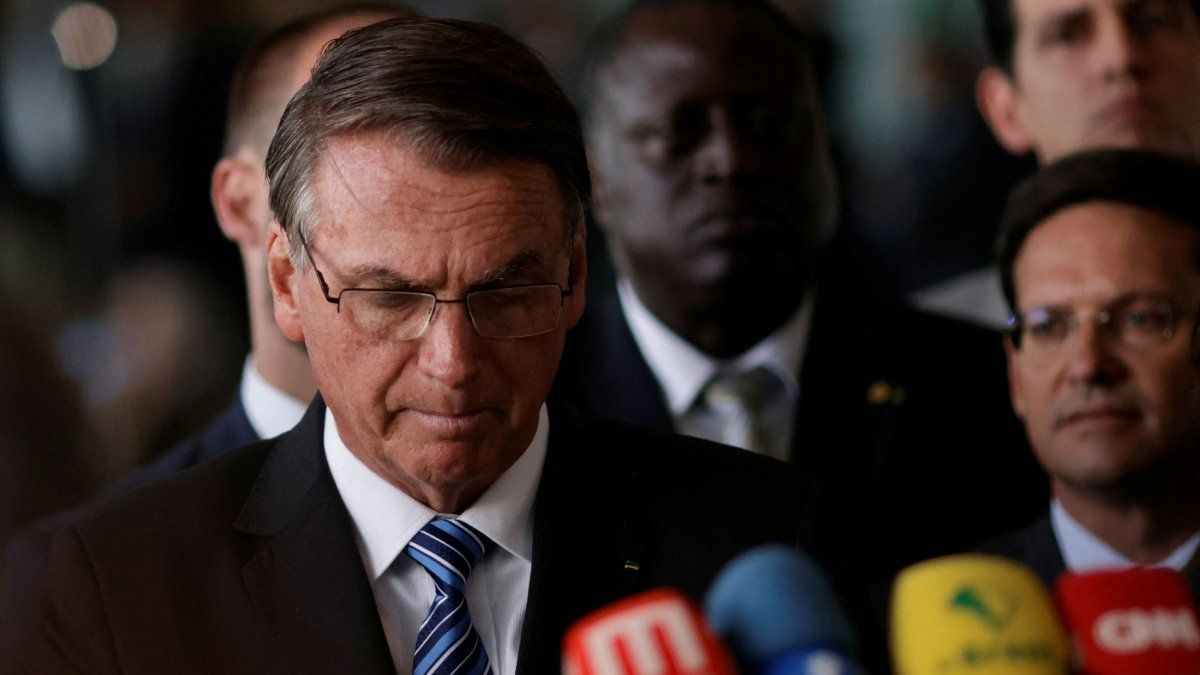“Domestic tourism will probably only be able to fully compensate for the corona-related minus in the course of 2023,” says Bank Austria economist Günter Wolf. The willingness to travel has recently fallen again. The tourism industry will therefore not be able to compensate for the record minus of the past two years until next year at the earliest, according to the current industry report on tourism by UniCredit Bank Austria, which was published on Tuesday.
According to the information, in 2021 the revenue with a volume of 16.4 billion euros was 45 percent below the level before the corona crisis (2019). By mid-2022, the losses could then have “largely been made up again”. The backlog demand for holidays was high and after the gradual lifting of the Covid restrictions, demand “recovered quickly” from February. However, growth has been slowing down again since July. After the “strong catching-up process in the first half of the year”, the tourism industry is slowing down.
According to the industry report, at the beginning of this summer season, which started in May, the desire to travel among Austrians was still undiminished. The number of overnight stays in the period from May to July 2022 was almost at the pre-crisis level – only 4 percent short of the comparable period in 2019. The bookings from Austria and Germany were therefore even 5 and 2 percent above the level before the corona crisis.
But then the general conditions deteriorated noticeably – in July the overnight stays booked by residents in the domestic accommodation facilities fell by 9.6 percent compared to the same month last year. At the same time, many overseas tourists were still missing. Overnight stays by vacationers from the USA in the first three months of the summer half of 2022 were a good fifth (22 percent) below the level before the crisis, bookings by Chinese guests were even 96 percent below.
The further development of the industry will be “significantly affected” this year by the Ukraine war and the high inflation, states UniCredit Bank Austria in the report. Rising energy and food prices not only impacted long-distance travel, but also demand from nearby markets – mainly because high fuel prices made car travel more expensive. The higher cost of living also dampened the disposable income and thus the willingness to travel, especially among lower-income groups of guests.
In July and August this year, the assessments of the financial situation of consumers with a view to the next twelve months “fell to the lowest value since the survey began in the mid-1990s” – in Austria as well as in the Western European average.
According to the industry report, accommodation and catering establishments have also “become much more pessimistic since July”. They also expect a “cooling down of the tourism industry in the coming months”.
Businesses in rural tourism regions are doing better overall than city tourism. In the holiday hotel industry, the number of overnight bookings had initially reached the pre-crisis level again in the first half of the summer half-year, in the city hotel industry there was still a lack of 14 percent. Unfortunately, the view of the further course of the year is now clouded.
Source: Nachrichten




